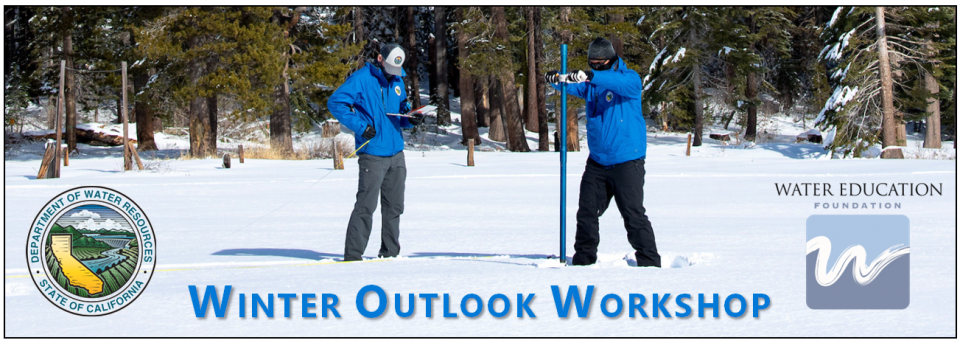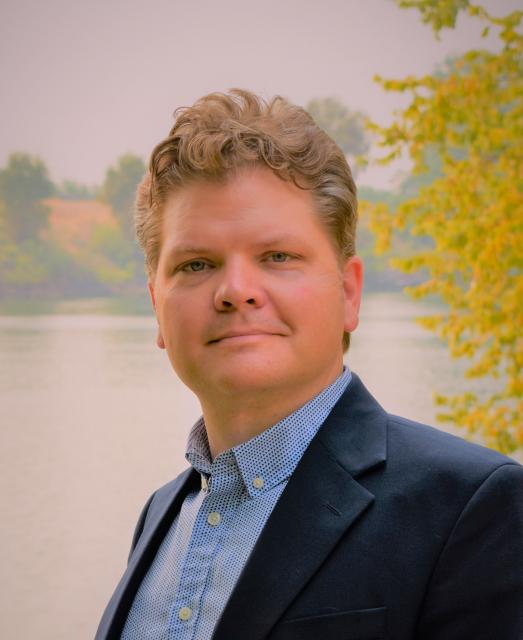Winter Outlook Workshop
Dec. 8th Workshop in Irvine Focused on Ability to Predict Winter Precipitation
The three-year span, 2019 to 2022, was officially the driest ever statewide going back to 1895 when modern records began in California. But that most recent period of overall drought also saw big swings from very wet to very dry stretches such as the 2021-2022 water year that went from a relatively wet Oct.-Dec. beginning to the driest Jan.-March period in the state’s history.
With La Niña conditions predicted to persist into the winter, what can reliably be said about the prospects for Water Year 2023? Does La Niña really mean anything for California or is it all washed up as a predictor in this new reality of climate whiplash, and has any of this affected our reliance on historical patterns to forecast California’s water supply?
Participants found out what efforts are being made to improve sub-seasonal to seasonal (S2S) precipitation forecasting for California and the Colorado River Basin at our one-day Winter Outlook Workshop December 8 in Irvine, CA.
Participants heard the latest advancements in sub-seasonal to seasonal forecasting — weather predictions from two weeks to a season ahead — and how these predictions can improve management of water infrastructure.
Speakers included Mike Anderson of the California Department of Water Resources, California’s state climatologist, providing a recap of Water Year 2022 and a look at prospects for Water Year 2023; Sean DeGuzman, DWR’s Chief of Snow Surveys and Water Supply Forecasting, talking about improvements to snowmelt runoff forecasting; and Emerson Lajoie, meteorologist at NOAA’s Climate Prediction Center, talking about their experimental Water Year outlook.
A full agenda can be found by clicking here.
The event was ideal for anyone involved in managing, modeling or forecasting water resources or interested in hearing the latest science. It covered what is and isn’t known about forecasting winter precipitation weeks to months ahead, the skill of present forecasts and ongoing research to develop predictive ability.
This special event was sponsored by the California Department of Water Resources in partnership with the Water Education Foundation.
Location & Parking:
The workshop was hosted in the Huntington Room at
the Beckman
Center of the National Academies of Sciences &
Engineering, 100 Academy Way, Irvine,
CA 92617. Free parking was available on site.
NOTE: The National Academies required that
all visitors to the Beckman Center be fully vaccinated against
COVID-19. Visitors showed their official COVID-19
Vaccination Record Card (or a digital photo of the card) before
entering the building. The Beckman Center staff checked
vaccination status at the front desk.
Huntington Room
100 Academy Way
Irvine, California 92617










